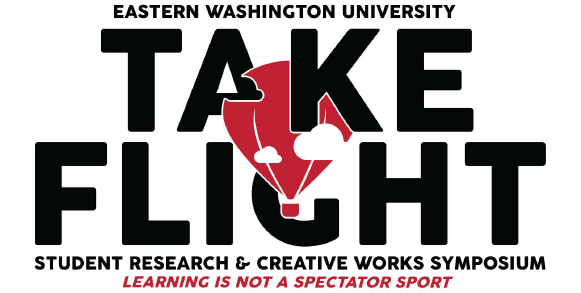How do we effectively correct health misinformation?
Faculty Mentor
Danielle Sitzman
Document Type
Poster
Start Date
10-5-2023 9:00 AM
End Date
10-5-2023 10:45 AM
Location
PUB NCR
Department
Psychology
Abstract
People are frequently exposed to health misinformation. Although it is important to correct this misinformation, the optimal timing of that correction is unclear. Refuting misinformation immediately may help participants to more effectively correct their memory than if they are not corrected until later. However, after a delay, participants may no longer remember their initial answer and may not pay attention to the correct information as closely. The current study examined whether the timing of feedback impacted the likelihood that participants would correct health misconceptions. During Part 1 of the study, participants were asked to answer true or false to a health-related statement (e.g., “stress can cause stomach ulcers”), then rate their confidence in the accuracy of their answer on a scale of 0-100%. Participants in the immediate condition group were then provided feedback about their answers. The feedback message consisted of four parts: 1) The original statement, 2) Information about whether the participants answered correctly, 3) Information about whether the statement was true or false, and 4) 2-3 sentences explaining the correct response. This was repeated for 50 statements. Participants in the delayed condition group first completed the true/false questions and confidence judgments for each of the 50 statements before moving on to the feedback phase. One week later, participants answered the same 50 true/false health statements. Overall, participants were more likely to correct misconceptions refuted immediately compared to if they were refuted after a delay. We discuss why this pattern may exist and other factors that influence the likelihood of correcting health misconceptions.
Recommended Citation
Montejano, Katie and Campuzano, Ian, "How do we effectively correct health misinformation?" (2023). 2023 Symposium. 9.
https://dc.ewu.edu/srcw_2023/res_2023/p1_2023/9
Creative Commons License

This work is licensed under a Creative Commons Attribution-NonCommercial-No Derivative Works 4.0 International License.
How do we effectively correct health misinformation?
PUB NCR
People are frequently exposed to health misinformation. Although it is important to correct this misinformation, the optimal timing of that correction is unclear. Refuting misinformation immediately may help participants to more effectively correct their memory than if they are not corrected until later. However, after a delay, participants may no longer remember their initial answer and may not pay attention to the correct information as closely. The current study examined whether the timing of feedback impacted the likelihood that participants would correct health misconceptions. During Part 1 of the study, participants were asked to answer true or false to a health-related statement (e.g., “stress can cause stomach ulcers”), then rate their confidence in the accuracy of their answer on a scale of 0-100%. Participants in the immediate condition group were then provided feedback about their answers. The feedback message consisted of four parts: 1) The original statement, 2) Information about whether the participants answered correctly, 3) Information about whether the statement was true or false, and 4) 2-3 sentences explaining the correct response. This was repeated for 50 statements. Participants in the delayed condition group first completed the true/false questions and confidence judgments for each of the 50 statements before moving on to the feedback phase. One week later, participants answered the same 50 true/false health statements. Overall, participants were more likely to correct misconceptions refuted immediately compared to if they were refuted after a delay. We discuss why this pattern may exist and other factors that influence the likelihood of correcting health misconceptions.


